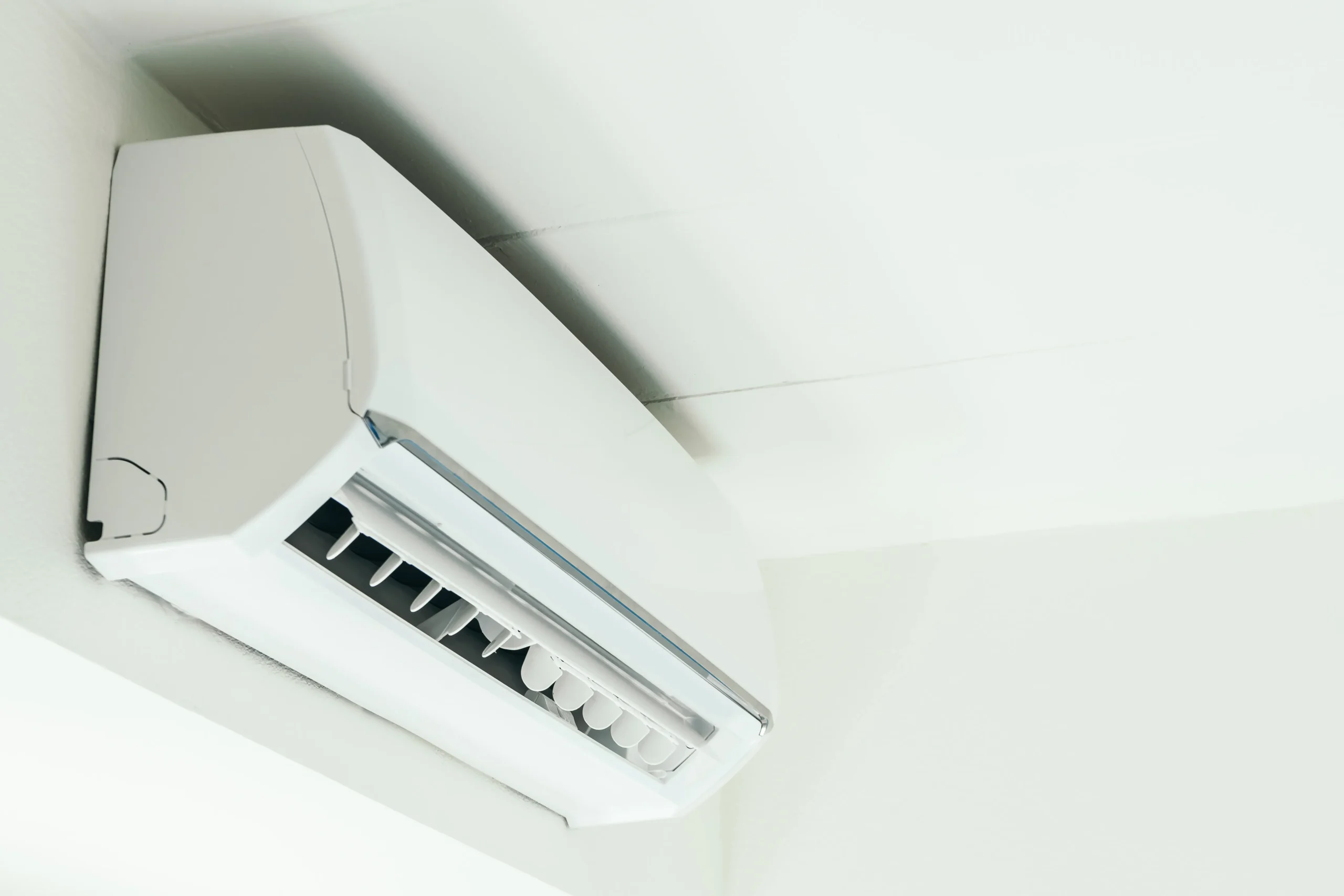This blog highlights essential safety tips to prevent electrical overloads and leaks when using portable air conditioner rentals at events, offices, or homes.
On a hot day, cool air is a welcome relief — especially when it comes from a reliable portable air conditioner rental. These compact cooling systems are widely used for corporate events, outdoor business activations, warehousing spaces, commercial work areas, and temporary operational sites where permanent installations aren’t feasible. While they are beneficial, it’s essential to follow safety precautions to ensure smooth operation and avoid technical issues.
Neglecting key safety guidelines can result in electrical overloads, condensation leaks, or equipment malfunction. These risks can be minimized through proper installation, correct power load allocation, and routine performance checks. Following the right operational steps helps maintain a safe and productive environment for staff, partners, and attendees.
Understanding How Power Overload Happens
One of the most common issues with portable cooling units is electrical overload. This occurs when the air conditioner draws more current than the circuit can support, leading to overheated wiring, tripped breakers, or blown fuses.
To prevent this, always check the circuit capacity before connecting the portable AC rental. Ensure that the unit runs on a dedicated circuit that isn’t shared with other power-intensive devices like heaters or catering equipment. Using an appropriate surge protector also helps safeguard against voltage fluctuations.
If the facility or venue has older electrical infrastructure, it’s wise to have an electrician evaluate the grounding and load capacity. Poor wiring conditions may pose hidden risks when high-powered machinery is in use.
Managing Power Load Efficiently
Effective load management is crucial. Consider these best practices:
1. Use appropriate extension cords: Only heavy-duty, grounded cords rated for the AC unit’s amperage.
2. Check voltage compatibility: The outlet must match the specified voltage requirements.
3. Avoid daisy-chaining power strips: This increases overheating risk.
4. Monitor total circuit load: Review all devices drawing power from the same source.
If needed, refer to the product specifications on the unit’s label or included technical documentation of your portable air conditioner rental.
Preventing Water Leaks and Condensation Problems
During cooling, portable AC systems naturally produce moisture. Improper drainage can result in leaks, damp floors, or mold buildup — which can affect venue safety and hygiene.
To ensure proper water disposal:
1. Position the unit on a level, stable surface
2. Make sure drainage pipes or storage tanks are securely fitted
3. Empty tanks regularly in humid conditions
4. If continuous drainage is available, connect the hose directly to a drain
Performing simple checks early helps prevent condensation-related hazards.
Ensuring Correct Ventilation and Airflow
Insufficient ventilation can cause unnecessary strain on the unit and reduce cooling efficiency.
Best practices include:
1. Ensure the exhaust hose is firmly connected and directed outside
2. Keep the hose as straight and short as possible
3. Maintain at least a 20-inch clearance around the unit for free airflow
Better ventilation leads to lower energy consumption and extends the service life of your portable AC rental.
Maintenance Checks Before Operation
Routine inspection helps prevent unexpected failures. Before switching on the system:
1. Inspect the power cord for damage
2. Clean or replace air filters regularly
3. Check condenser and evaporator coils for dust
4. Confirm water outlets and hose connections are secure
Even though these units are rented, organizations should verify that the portable air conditioner rental has undergone professional servicing. Clean and well-maintained equipment ensures reliable performance.
Safe Operating Practices During Use
Safety remains important throughout operation. Avoid placing the unit near curtains, carpets, or items that could block airflow or absorb moisture. Keep objects off the machine to prevent heat retention.
If you notice abnormal noise, burning smell, or leakage, shut the unit down immediately and disconnect the power. Do not attempt internal repairs — instead, request assistance from the rental provider. This prevents damage and ensures proper troubleshooting.
Best Practices for Energy-Efficient Cooling
Energy-smart usage helps maintain comfort while optimizing performance:
1. Set thermostat between 72°F and 76°F
2. Keep doors and windows closed during operation
3. Reduce heat exposure using curtains or partitions
4. Turn off units when areas are unoccupied
5. Use fans to distribute cool air effectively
Efficient operation reduces electrical strain and extends equipment lifespan.
Choosing the Right Rental Partner
Select a trusted service provider committed to quality and safety. Ask about:
1. Equipment maintenance intervals
2. Energy efficiency ratings
3. Safety inspections
4. On-site support availability
Reputable vendors test each portable AC rental before deployment and provide setup guidance to ensure risk-free usage.
Final Thoughts
When using temporary cooling systems, safety and comfort must operate together. By verifying power capacity, ensuring proper drainage, and maintaining ventilation, most operational hazards can be eliminated. These precautions safeguard equipment, personnel, and event infrastructure.
At More Rentals, we prioritize safety and reliability. Every system is inspected, serviced, and verified for secure use in commercial and event environments. With the right precautions and dependable equipment, maintaining safe and effective cooling becomes effortless.
